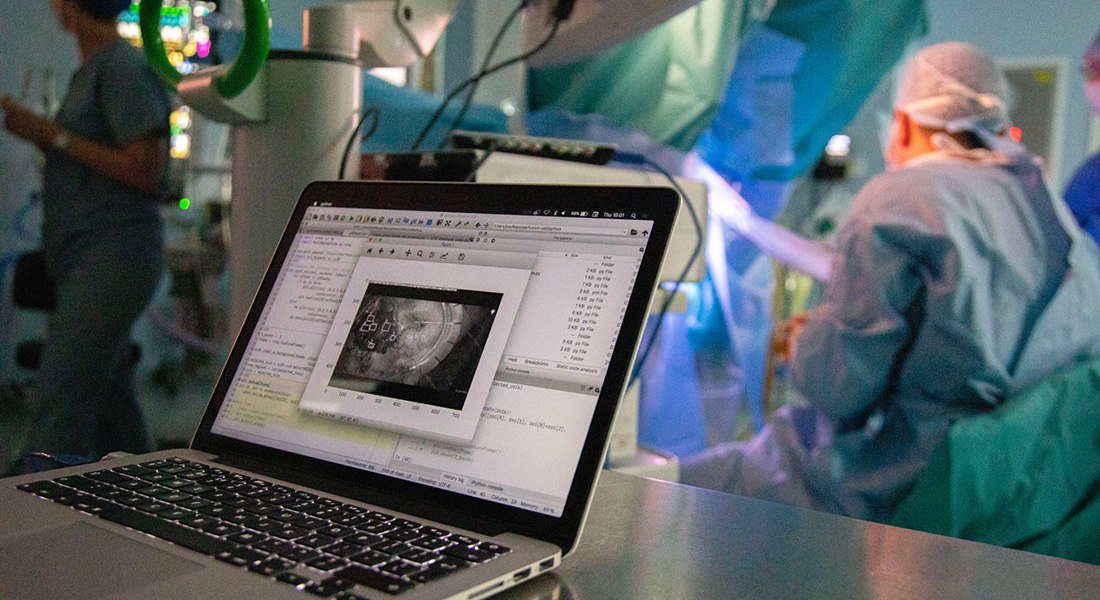CeBIL receives EU grant for study of AI-assisted cancer sugery
CLASSICA – Validating AI in Classifying Cancer in Real-time Surgery, is a collaborative, international and interdisciplinary project consortium, which has recently received a grant of €6 million under the EU Horizon Europe research and innovation framework programme.

As a research partner and co-PI of CLASSICA, CeBIL – the Centre for Advanced Studies in Biomedical Innovation Law at the Faculty of Law – will be responsible for delivering insights and solutions on the legal and ethical implications raised by the use of artificial intelligence in classifying cancer in real-time surgery.
The overall aim of CLASSICA is to deliver and clinically validate an #AI-based clinical decision support system, which rapidly identifies cancerous tumors and maps their distribution. Timo Minssen, Professor of Law at the University of Copenhagen (UCPH), heads the study of the legal and ethical implications raised by #AI-assisted surgery together with Sara Gerke, Assistant Professor of Law at the Penn State Dickinson Law. The UCPH team includes Associate Professor Marcelo Corrales Compagnucci and PostDoc Louise C. Druedahl and will focus on the regulatory landscape, IP and bias. Sara Gerke and her team will focus on liability. Both the UCPH and the Penn State team will also collaborate across their focus areas to integrate their legal and ethical studies
Ronan Cahill of Surgery at University College Dublin and Dublin’s Mater Misericordiae University Hospital, will lead the four-year CLASSICA project, which include a total of 11 partners from nine different countries. Clinical validation of the AI technology will take place across five leading European cancer centers, building on breakthrough research conducted over the past three years at the Mater Hospital.
